
The One Health Microbiome Center at Penn State is dedicated to the advancement of dissemination and accreditation of the microbiome sciences through collaborative outreach efforts. This page highlights programs, events, and external media including members of our center that serve to educate the broader public on microbiome-related topics.
Programs
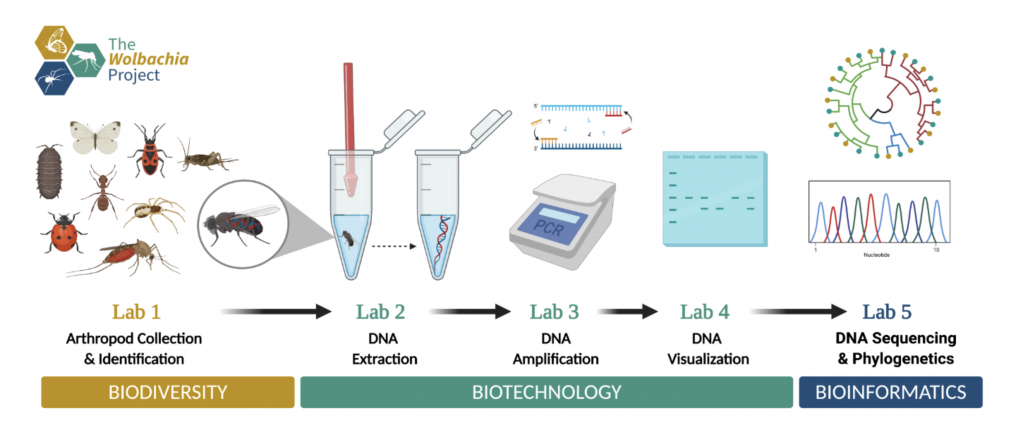
Discover the Microbes Within! The Wolbachia Project
Discover the Microbes Within! The Wolbachia Project empowers biology educators to bring real-world scientific research into the classroom with inquiry, discovery, biotechnology, and a culture of excellence. Through this immersive lab series, students will discover arthropod species in their local community; obtain DNA sequences of potentially new genetic strains of Wolbachia; and determine the evolutionary relatedness of these Wolbachia strains to other sequences published by scientists in the NCBI national genetic database.
The four core goals of this initiative are:
- Engage students in nature and real-world research
- Encourage international participation in the collection of new scientific data on bacterial endosymbionts (Wolbachia)
- Enhance student interest in science through an integrative lab series spanning biodiversity to molecular biology
- Give students an idea of what it’s like to be a scientist.
The Wolbachia Project is honored to receive the Elizabeth W. Jones Award for Excellence in Education from the Genetics Society of America and the T.H. Huxley Award from the Society for the Study of Evolution.
The Wolbachia project strives to provide students and educators with resources that they need to make molecular biology and biotechnology more accessible. The project provides free DNA controls, arthropod controls, and primers and loans out equipment on a case-by-case basis. They also have a wide variety of video tutorials available on their Youtube channel, such as the DNA extraction tutorial below.
To join the Wolbachia Project or speak with someone on the team, contact us here.
Podcasts
Matters Microbial #75: Do Gut Microbes Watch their Carbs?
Darrell Cockburn, Associate Professor of Food Science at Penn State, joins the Matters Microbial podcast to discuss the work his research group has done exploring how starches and other polysaccharides are used by the gut microbiome.
Matters Microbial #70: Food Safety and Antibiotic Resistance
Erika Ganda, Assistant Professor of Food Animal Microbiomes in the Department of Animal Science at Penn State University, joins the Matters Microbial podcast to discuss the varied interests of her research team studying the intersection of animal husbandry, microbiome studies, and the threat of antimicrobial resistance.
Telling the Tooth Episode #10: Oral Microbiome Transplants with Dr. Laura Weyrich and Kevin Ketagoda
In this special episode of the "Telling the Tooth" podcast, OHMC's Laura Weyrich joins Kevin Ketagoda in discussing their research on oral microbiome transplantations and their potential for transforming dental treatment.
Matters Microbial #37: Wolbachia and STEM: Two symbioses!
Sarah Bordenstein, Associate Research Professor of Biology & Entomology at Penn State University and Director of Discover the Microbes Within! The Wolbachia Project joins the Matters Microbial Podcast to tell us about the most successful pandemic on the planet, the fascinating endosymbiotic bacterium Wolbachia, and how she has used this fascinating system to teach young people about molecular biology, bioinformatics, and evolution.
Articles
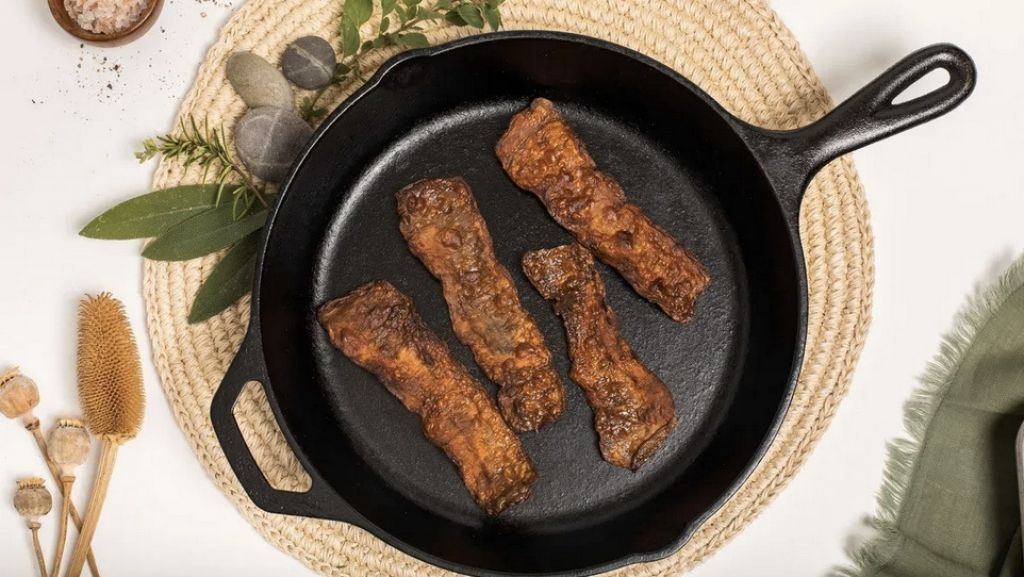
Fungi in Food Technology: Innovations, Challenges, and Sustainable Solutions
Myconeer: Interviews: By Joseph Pallante and Josie Krepps
Explore how fungi are revolutionizing food and
biomaterials with PhD student Josie Krepps. Learn how fungal mycelium is
advancing cultivated meat, tackling global food challenges, and more. Continue reading...
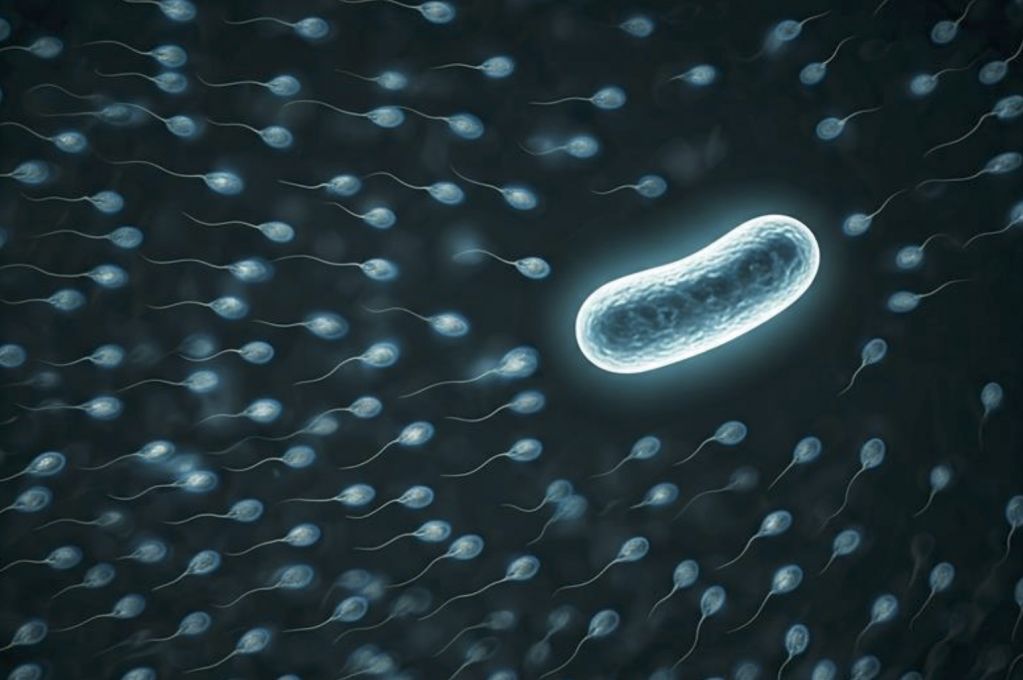
Reproductive biology though the lens of the microbiome
The Microbiologist: By Madangchanok Imchen and Seth Bordenstein
Microbiome science has for the past two decades focused extensively on animal guts and plant roots in experiments on host-associated bacterial communities. These studies, enabled by advances in sequencing technology, ushered in a deep recognition of the intimate effects that microorganisms have on visible life. Continue reading...
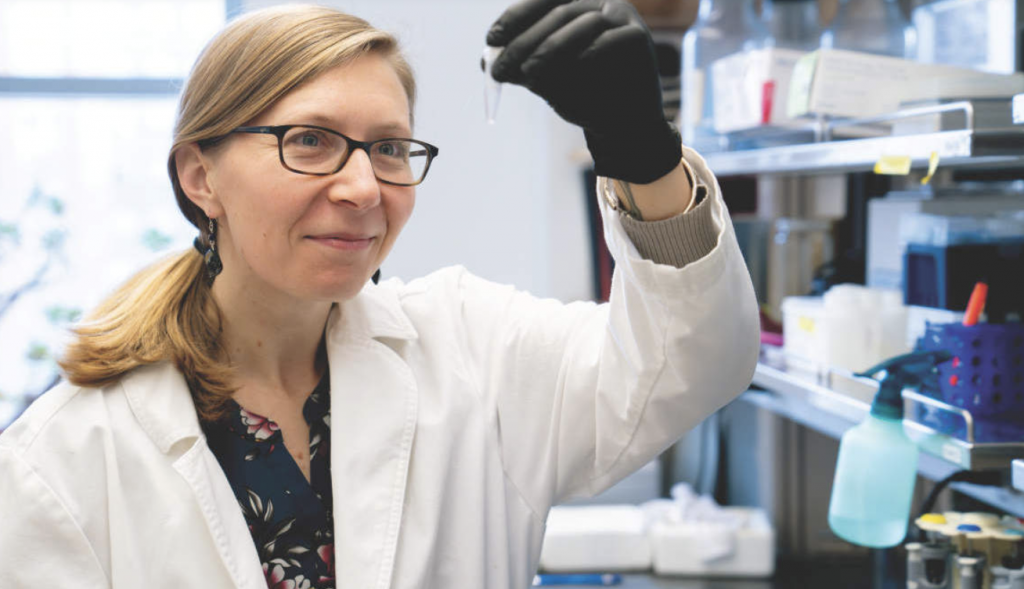
Protecting amphibians from a deadly fungus
QIAGEN: Customer Stories
Amphibian populations worldwide have been decimated by a relentless fungal disease that has been wiping them out for decades and disrupting entire ecosystems. Can engineering amphibian microbiomes help protect them from this deadly pathogen? Continue reading...

The Gut Check: The Hidden Impact of Preservatives on Your Microbiome
SPY Physiology Blog: American Physiological Society
Preservatives are used extensively in food products worldwide. They play a vital role in preventing foods from spoiling or discoloring, extending their shelf life and making sure they arrive safely to supermarkets and other destinations. Continue reading...
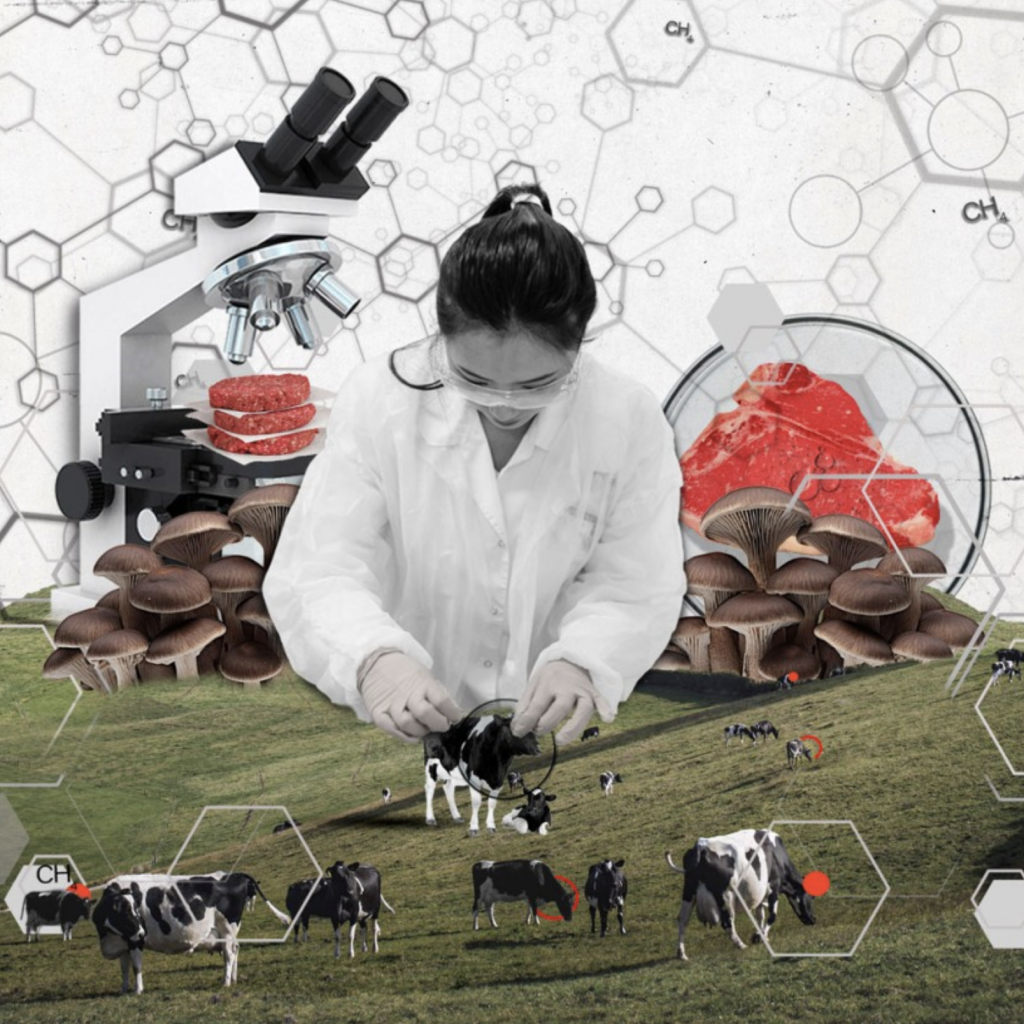
Q&A: Josephine Wee
PennStater: Faculty Expertise
Josephine Wee combines fungal mycelium and animal muscle cells to produce cell-cultured meat. Continue reading...
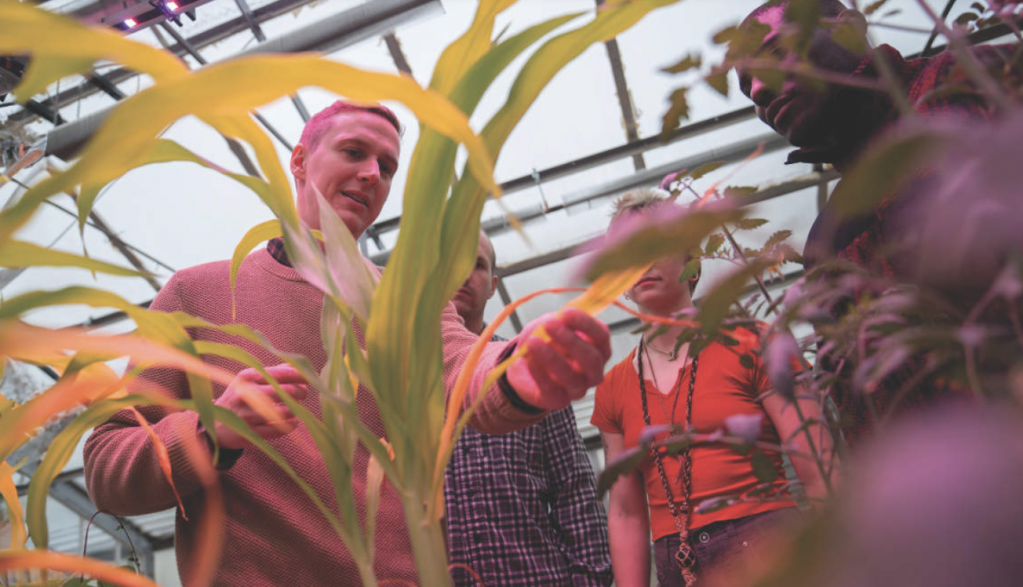
Manipulating plant microbiomes for crop security
QIAGEN: Customer Stories
Can microbes help save crops from parasitic weeds like Striga? A
team led by Francisco Dini-Andreote at Penn State aims to improve food
security, soil health and climate change mitigation by manipulating
microbial communities. Their work promises new strategies for
sustainable agriculture, among the most interesting of which is the
discovery of microbial-mediated mechanisms associated with the
suppression of Striga seed germination. Continue reading...
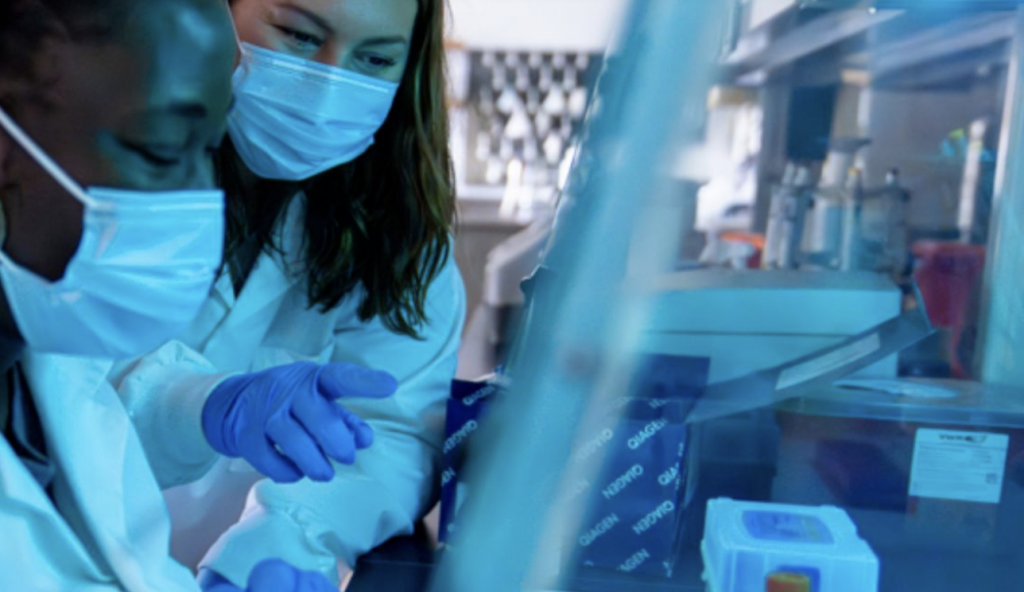
Could the ancient oral microbiome be the key to improving modern health?
QIAGEN: Customer Stories
Archeologists and anthropologists study calcified dental plaque from ancient bones to understand history. But at Penn State, Laura Weyrich is taking it one step further by studying the oral microbiomes of the past to improve today's health - specifically when it comes to oral microbiome transplant therapies. Continue reading...
Event Highlights
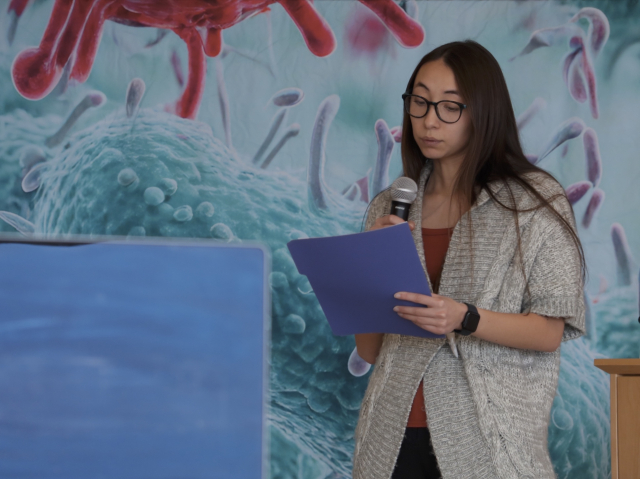
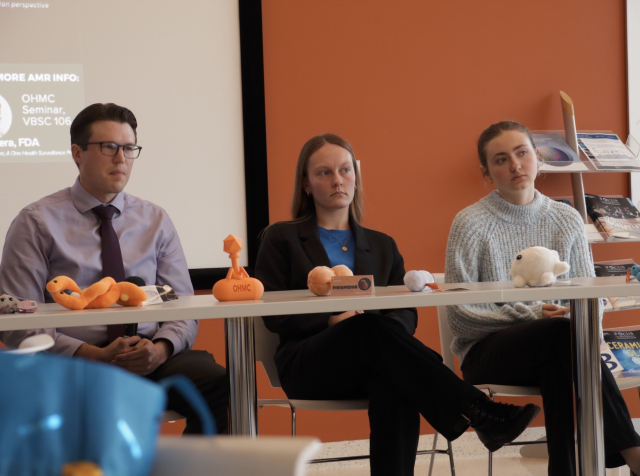
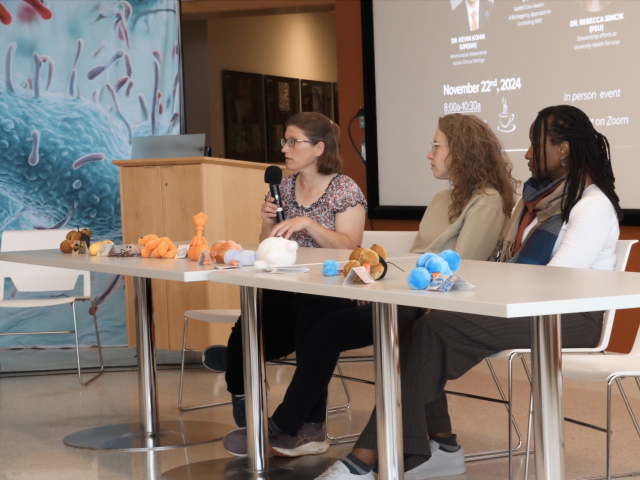
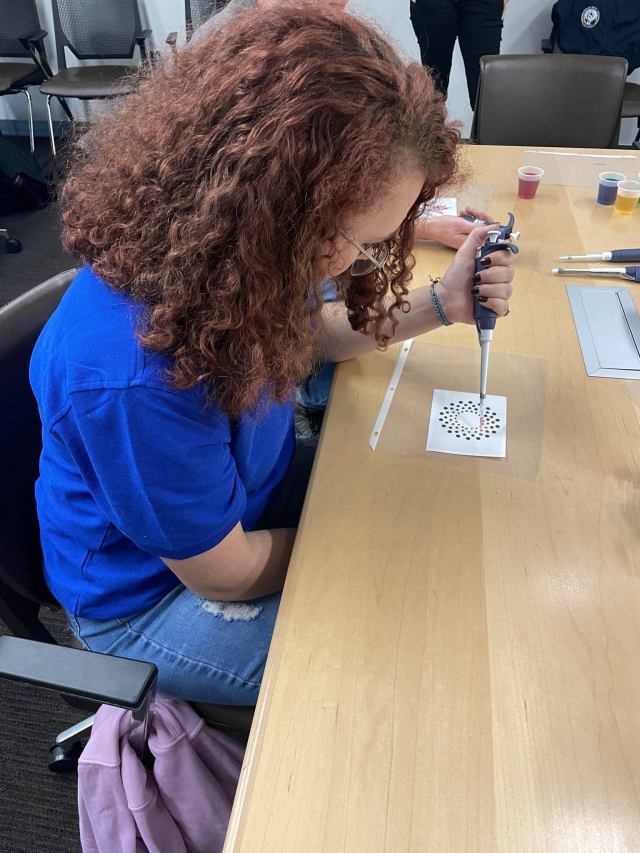
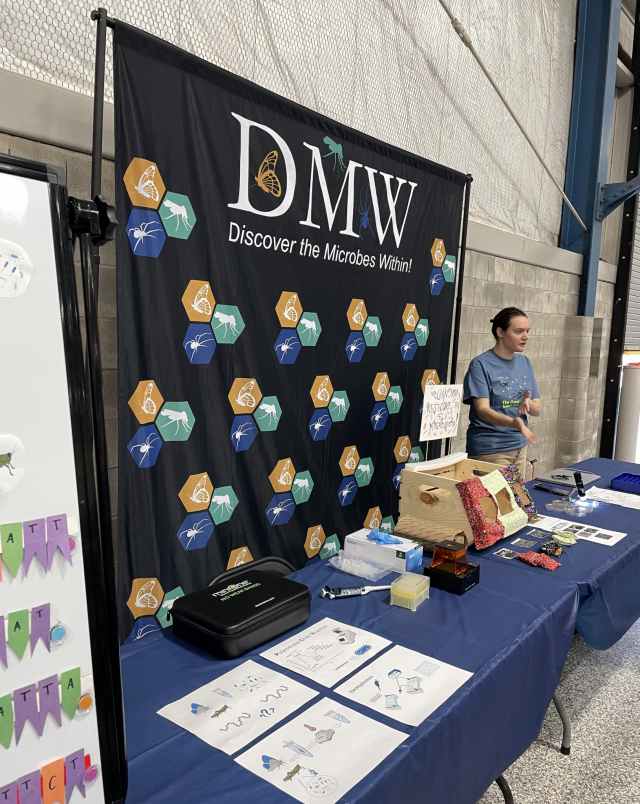
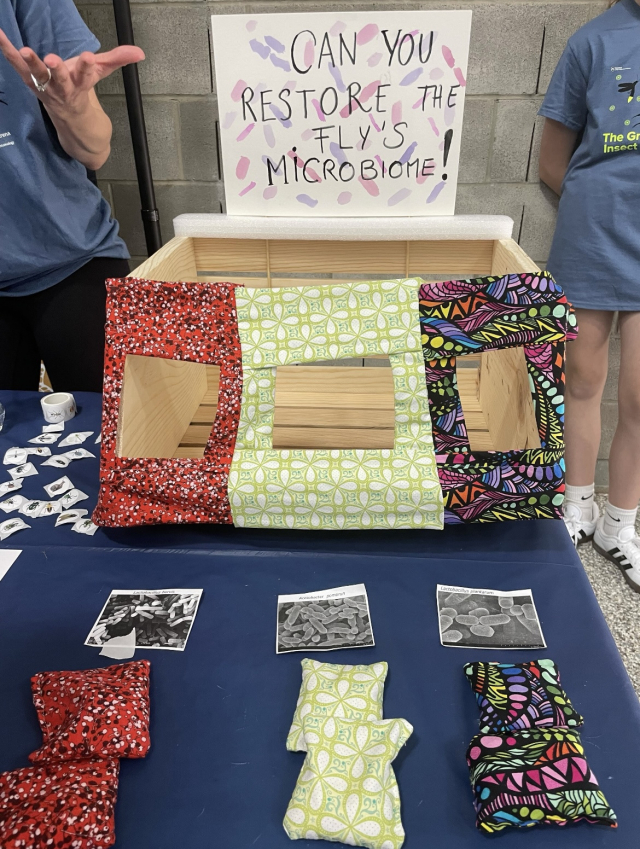
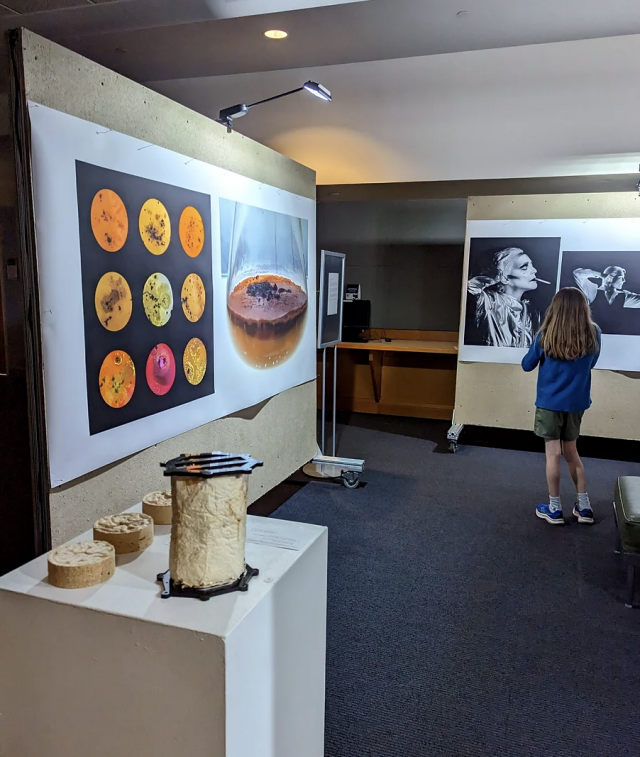
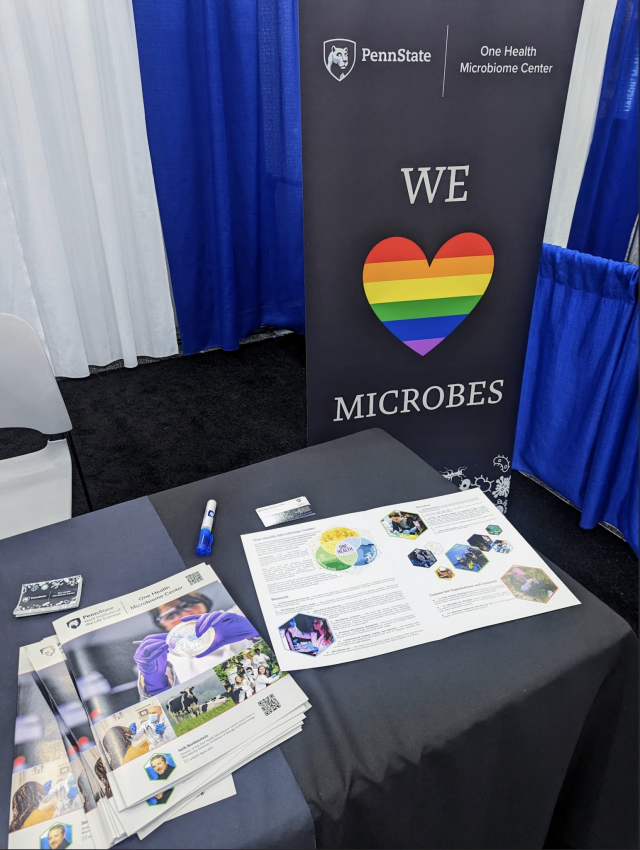
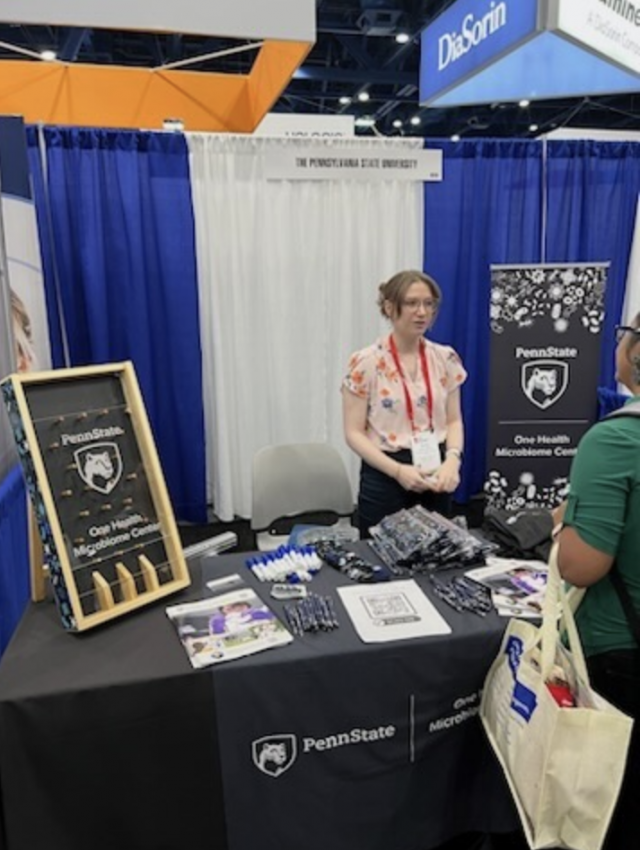
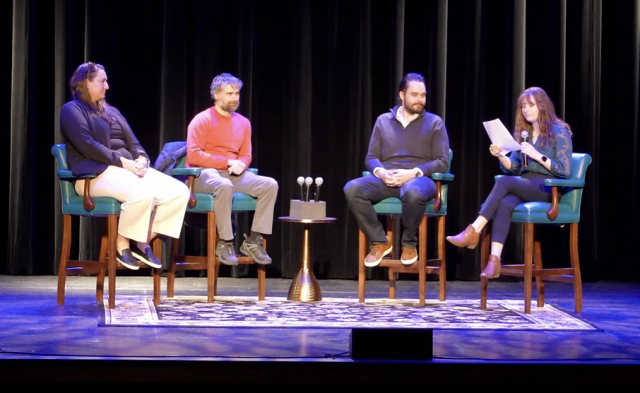
Watch the Q&A panel here: https://www.youtube.com/watch?v=adg9XCTfGa8